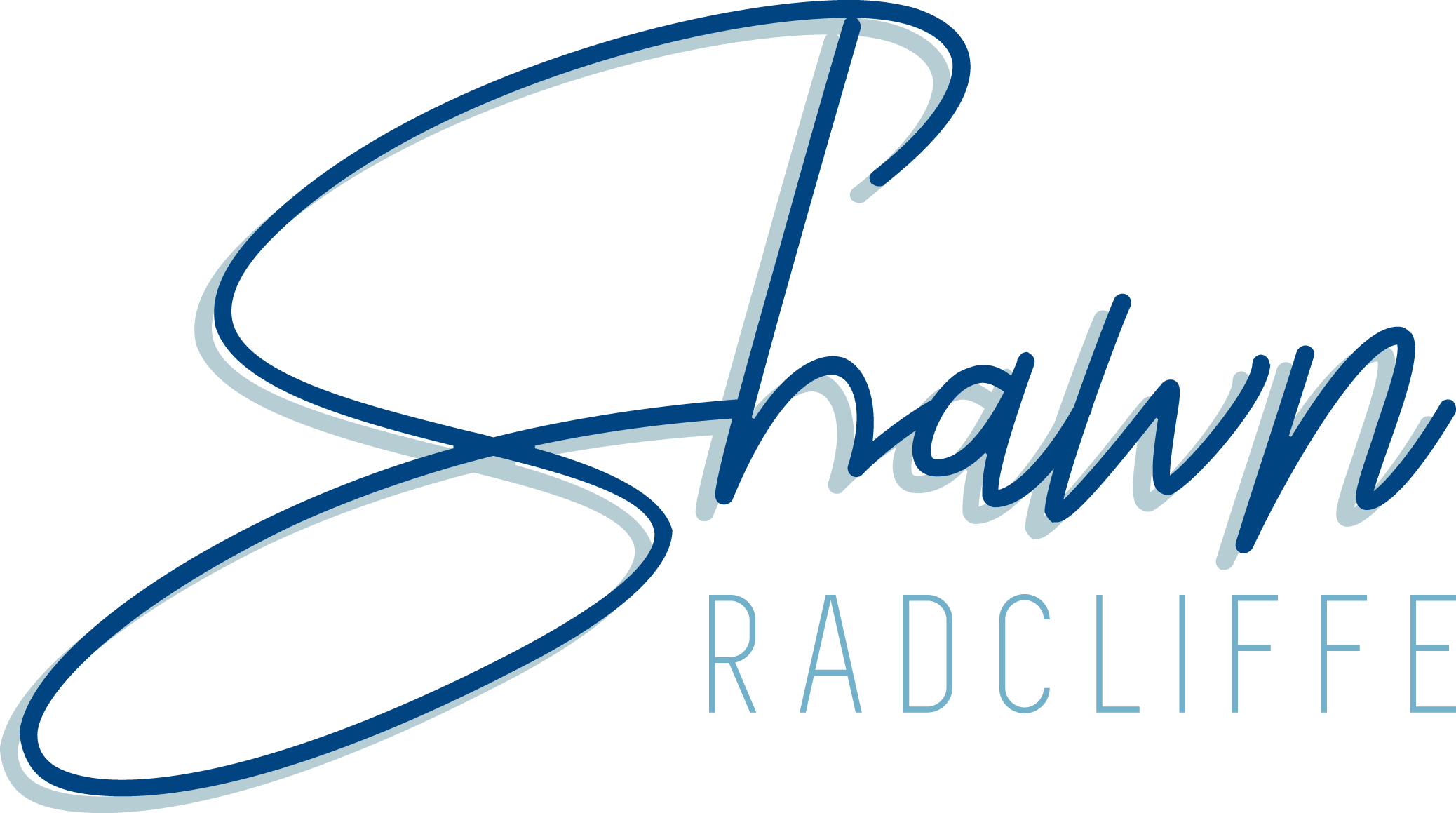Each day hundreds of people search online for topics like “how to lose weight” or “how to sleep better.” In return, thousands of websites offer simple advice on these and other health and wellness topics.
Much of this health content is highly accessible to the general public. It offers catchy headlines, short paragraphs with lots of white space to break up the screen, and bolded subheadings and bulleted lists to call attention to the most important pieces of information.
While these articles look great on a screen (no matter how small) and enable people to pick up the most important bits of information quickly, the information being shared sometimes falls short of being accurate.
Dangers of a Lack of Accuracy
Some people would argue that if you write accurate health content that isn’t accessible, no one will read it. And if no one reads it, then you might as well not have created that content in the first place.
The flipside of this, of course, is that if you create accessible content that isn’t accurate, you risk perpetuating health misinformation that is already running rampant on the internet — about vaccines, nutrition, COVID-19, and many other topics.
Some health misinformation may not be very harmful — like people thinking they should eat more dark chocolate because they heard it will help them lose weight. Although even that depends on how much chocolate people are eating each day.
But other misinformation can result in serious physical harm, even death. For example, people may avoid taking potentially life-saving medications or following their doctor’s recommendations because of something they read online. Even worse, they could be making these decisions based on faulty health information.
As a health and science writer, this thought is always in the back of my mind when I’m writing about medical treatments, nutrition studies, or disease risks. I check and double-check all of my writing to make sure it is not just accurate, but also conveys the information in a way so readers understand exactly what I’m trying to get across.
Accurate Health Content Requires Context
Writing accurately about health and wellness doesn’t just mean linking to a few studies that support what you are trying to say. This, of course, is important — you have to back up your claims with evidence — but you also have to put any studies you mention in context. This means answering questions such as:
- Who was involved with the study? This includes both the researchers running the study and the institution or company that funded it.
- What was studied? What were the goals of the study, did it involve people or animals, how does it relate to what you are writing about?
- Where was it published? Was it published in a peer-reviewed journal, a preprint server like medRxiv and bioRxiv, or a white paper on a company website?
- When was it published? Is it a recent study or one that was published a decade ago?
- Why is it significant? Why is this an important study, why should people care about it, how does it fit with other research on this topic?
As you can imagine, it’s not easy to convey all of this in a short article, let alone a single tweet. Even if you aren’t able to squeeze all of this into your word count, you should at least answer all of these questions about each study you are referencing before creating your blog post or other health content.
This means that you either have to understand how to read and understand scientific or medical journal articles, or you need to reach out to a doctor or scientist who can provide the answers. Outside experts can help put research into context, as well as point out any limitations of the study. This helps separate real breakthroughs from hype.
Balancing Accuracy and Accessibility
There’s no doubt that the public is seeking out great health content online. Just look at the number of websites dedicated to providing information about how to live healthy, eat healthy, and stay healthy. There are also a number of print health and wellness magazines available on the newsstand, plus an ever-growing list of health-related podcasts.
It’s also true that entertaining and accessible content gets more views than more dry, technical information. But that doesn’t mean you can’t provide consumers with the health information they crave while still ensuring that it is accurate. This is the challenge that health and science writers tackle every time they sit down to write.
As Sarah Boon, a writer and scientist wrote in a post on Medium: “I don’t think it’s a case of either facts or good entertainment value. I think it’s a case of bringing them together in one excellent package.”
So before you send your health content out into the internet, take a moment to step back and see if it’s both accessible and accurate. Only then will you know that your content is ready for the world.



